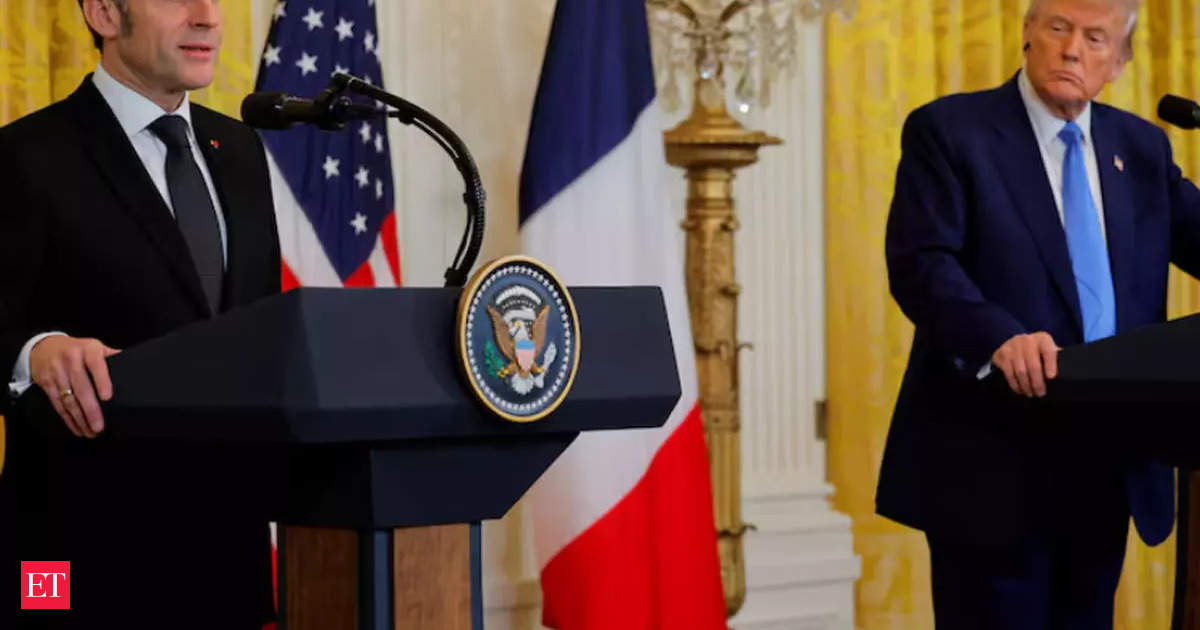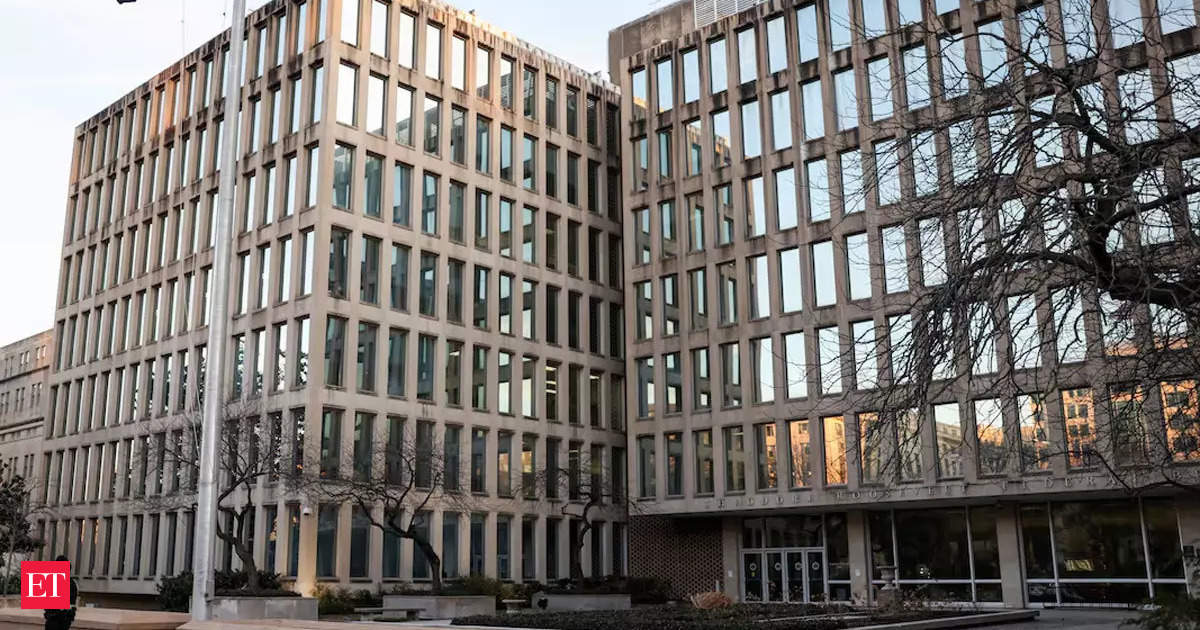In a significant judgement, the Supreme Court has declared the poll bond scheme as unconstitutional. The court has ruled that the State Bank of India (SBI), the sole authorized seller of electoral bonds, must disclose all related information to the poll watchdog. This verdict is a major step towards bringing transparency to political funding in the country.
The poll bond scheme, introduced by the government in 2017, allowed political parties to receive donations from anonymous sources in the form of electoral bonds. These bonds could be redeemed by the parties for funding election campaigns. However, concerns were raised regarding the transparency and accountability of this scheme.
A petition challenging the legality of the poll bond scheme was filed by an NGO, Association for Democratic Reforms (ADR), before the Supreme Court. The ADR argued that the scheme facilitates undisclosed and unaccounted funding of political parties, which goes against the principles of democracy. The NGO also claimed that the anonymity of the bondholders leads to a potential risk of money laundering and corruption.
After examining the matter, a three-judge bench of the Supreme Court delivered its verdict. The court noted that the scheme lacked transparency and violated the principles of a free and fair election. It further observed that the anonymity of donors and the absence of any ceiling on donation amounts open the door for corruption and political influence.
The court also stated that political financing must be made transparent to ensure that citizens have a clear understanding of the financial workings of political parties. It emphasized that elections are the apex of democracy, and any attempt to compromise the process undermines the essence of democracy itself.
Consequently, the court ordered the SBI to disclose all details related to electoral bond sales to the Election Commission of India (ECI) in a sealed cover. The ECI is tasked with overseeing and regulating elections in the country, and this move will enable it to monitor the flow of funds received by political parties through electoral bonds.
This decision by the Supreme Court marks a significant milestone in Indian politics. It reinforces the importance of transparency in the electoral process and takes a proactive step towards curbing black money in politics. The verdict ensures that political funding will now be subject to greater scrutiny and accountability.
With the scrapping of the poll bond scheme, the government will need to revisit its approach to political financing. It is expected to formulate alternative measures that promote transparency and prevent the misuse of funds. This judgement also highlights the need for comprehensive electoral reforms to create a level playing field and restore public trust in the political system.
In conclusion, the Supreme Court’s decision to invalidate the poll bond scheme and order the SBI to disclose all details to the poll watchdog is a significant step towards curbing corruption and ensuring transparency in political funding. This landmark verdict upholds the principles of democracy and reinforces the importance of a fair electoral process in India.










